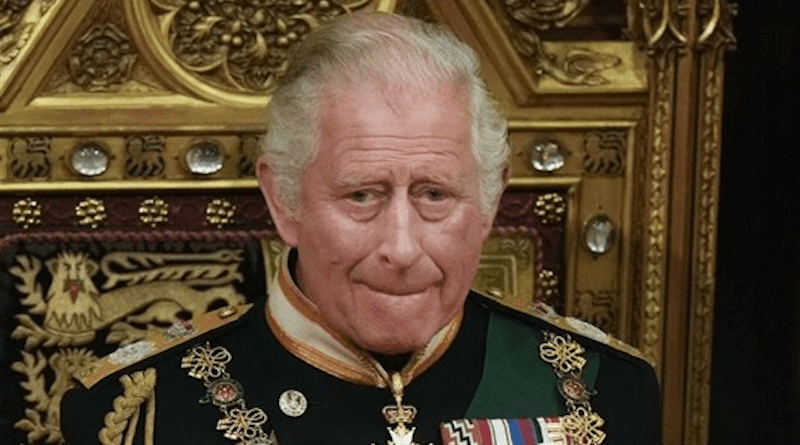Brexit’s Impact On UK Monarchy: The Role Of Parliament And The Judiciary – OpEd
The United Kingdom’s decision to leave the European Union in 2016 has had significant impacts on the country’s political landscape. One area that has been subject to much debate is the future of the monarchy, and how it might be affected by Brexit. In this article, we will explore the impact of leaving the European Union on the future political atmosphere of the United Kingdom monarchy.
The impact of Brexit on the monarchy has been complex and multifaceted. On one hand, Brexit has led to increased discussion about the role of the monarchy in British politics. Some argue that the UK’s departure from the EU could lead to a greater focus on British identity, and the monarchy could play a key role in promoting that identity. The Queen has long been a symbol of British tradition and culture, and her continued presence as head of state could help to reinforce the country’s sense of national pride and unity.
On the other hand, there are concerns that Brexit could undermine the role of the monarchy in British politics. Some argue that the UK’s decision to leave the EU has weakened its global standing, and the monarchy’s role as a global symbol of British influence and power could be diminished as a result. Additionally, the political uncertainty and division caused by Brexit could lead to increased calls for the monarchy to be abolished, particularly if it is seen as a relic of a bygone era.
The impact of leaving the European Union on the future political atmosphere of the United Kingdom also includes the matter of parliamentary degradation in the Supreme Court of the UK. One of the key issues that arose during the Brexit process was the question of the balance of power between Parliament and the judiciary. This issue was brought to the fore when the UK government attempted to prorogue Parliament in 2019, a move that was subsequently deemed unlawful by the Supreme Court.
The Supreme Court’s decision in this case highlighted the importance of the separation of powers between the executive, legislature, and judiciary in the UK’s constitutional system. The court’s ruling confirmed the principle that Parliament is sovereign, and that the executive cannot suspend or undermine its authority without proper justification.
However, some commentators have suggested that the Supreme Court’s involvement in the prorogation case represents a broader trend towards the judiciary taking on a more activist role in UK politics. This trend has been fueled in part by the erosion of parliamentary authority in recent years, as the executive has sought to consolidate power through a range of means, including the use of secondary legislation and executive orders.
The erosion of parliamentary authority and the increasing role of the judiciary in UK politics could have significant implications for the monarchy. The Queen is the Head of State of the United Kingdom, but her role is largely ceremonial and symbolic. The monarch’s power is derived from Parliament, and if the authority of Parliament is weakened, it could have knock-on effects for the monarchy’s legitimacy.
In conclusion, leaving the European Union has had a significant impact on the future political atmosphere of the United Kingdom, including the matter of parliamentary degradation in the Supreme Court of the UK. The erosion of parliamentary authority and the increasing role of the judiciary in UK politics could have significant implications for the monarchy’s legitimacy, particularly if the judiciary is seen to be encroaching on the authority of Parliament. The future of the monarchy in a post-Brexit UK will depend on a range of factors, including political developments, legal developments, and changing attitudes towards the institution of the monarchy.

